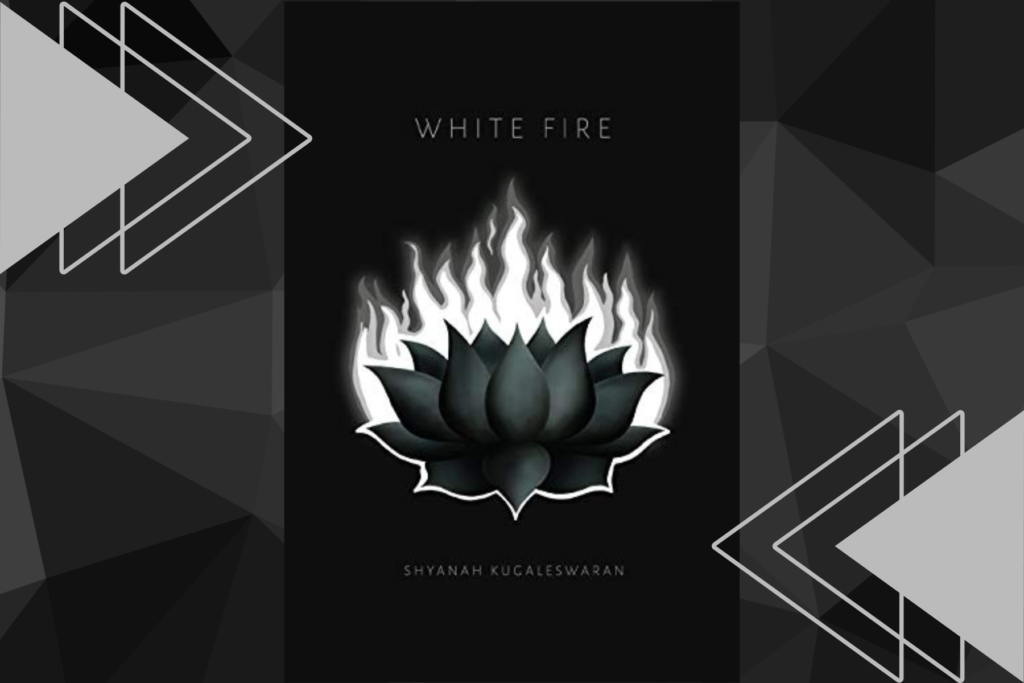
White Fire is the embodiment of resiliency, but it also realizes romanticizing resiliency isn’t for everyone. Recognizing my roots and overcoming what was meant to break me was my way of discovering White Fire. To me, “white fire” is the energy that helps us heal and grow. Everyone’s story is different, and each chapter of our growth brings us new obstacles to navigate and conquer.
If we explore the depths of people’s souls, we will truly understand how each experience comes together to make them who they are. For that very reason, growth is a core topic in White Fire. We’re given a name, situated in a time and place, and are surrounded by people who tell us who we must be. At one point in our life, something changes inside us: we try to resonate with the callings of our souls.
[Read Related: Growing and Giving Love Even When you Can’t]
White Fire also explores my life experiences. I truly stand by the poem on page 123, as it’s about a dark-skinned girl. Growing up, people always made comments about my skin. They often had the common refrains: I was beautiful despite being dark-skinned, I wasn’t pretty at all, or if only I was just a little lighter, I’d be prettier.
How did the world come to hate something that’s part of so many people–especially when the comments come from people who have dark skin? I just didn’t understand it. In a world with so much diversity and beauty, people with dark skin have endured too much. It speaks to White Fire that we all carry a story that could have taken another path, yet we find a power by accepting it as the best version of ourselves.
[Read Related: ‘headspun’: A Bengali Muslim Boy’s Poetic Journey Through Himself]
Page 144
within the walls of our bare bodies
lie the tales of all the years of pain
we try to bury
the building blocks of tomorrows
carry the legacy of past traumas
failed relationships
misfortunes
life is but a tale
of how you got through so much
despite all the odds against you
because no matter how many times
the people you loved
the world
your dreams
gave up on you
you never gave up on yourself
[Read Related: Feeling Like a Stranger in Guyana, Even Though you Were Born There]
Page 123
you’re beautiful for a dark-skinned girl
do you realize what you are saying,
when you tell a girl
that she is beautiful despite being dark-sinned?
do you want her to take refuge in her own body,
for the ways your eyes skin her alive?
if you stood as a soul
in the body of a woman of colour
the pain, struggle she went through
for being held little closer to earth
and loved by the sun much longer–
you wouldn’t last a day in the pursuit
she marched throughout centuries
learning to love herself
you would know that the colour of her skin
is deeply rooted in years of torment
and yet all her strength comes down to how much
idiocity she must face when trying to enlighten people
of ways nature takes form in many people
she is beautiful for all that she is
[Read Related: Reconstructing and Deconstructing our Ideals]
Page 83
I believed you
when I told you my past and my pain
you are no different
you are exactly the same
you knew where it hurt and hurt me anyway
You can get your own copy of Shyanah’s poetry book, White Fire, on Amazon. Follow her Instagram to keep up with her upcoming projects and get a daily dose of her poetry.




